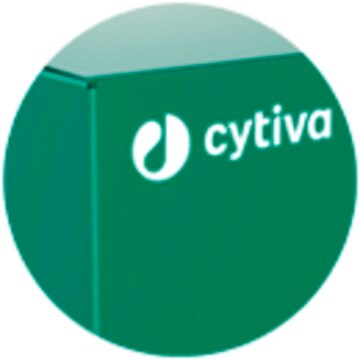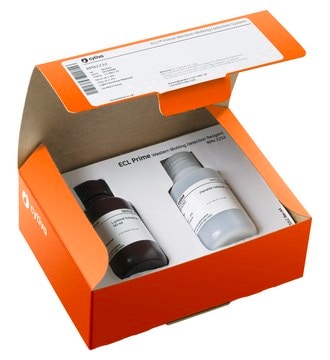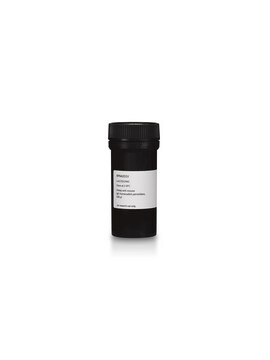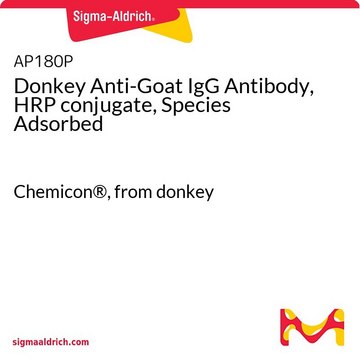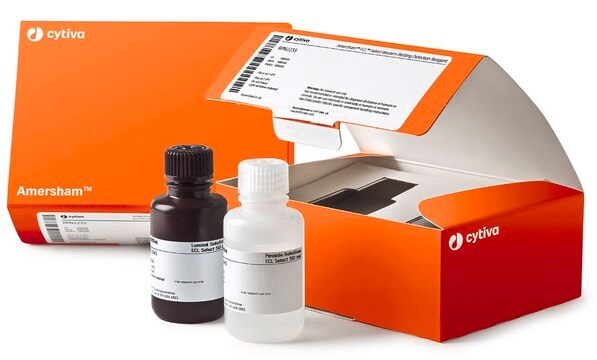GENA934-1ML
Rabbit IgG HRP Linked Whole Ab
Cytiva NA934-1ML
Synonym(s):
Rabbit IgG Antibody
About This Item
Recommended Products
conjugate
peroxidase conjugate
antibody form
F(ab′)2 fragment of affinity isolated antibody
antibody product type
secondary antibodies
feature
wetted part: no
packaging
pkg of 1 mL
manufacturer/tradename
Cytiva NA934-1ML
color
Brown (light)
shipped in
wet ice
storage temp.
2-8°C
General description
The antibodies are supplied with dilution guidelines for relevant applications and should be stored at 2° C to 8° C.
Features and Benefits
- Highly species-specific.
- Optimized for use with our range of ECL™ Detection Reagents.
- Recommended dilutions to minimize background.
Storage and Stability
Analysis Note
Legal Information
Not finding the right product?
Try our Product Selector Tool.
Storage Class Code
12 - Non Combustible Liquids
Choose from one of the most recent versions:
Certificates of Analysis (COA)
It looks like we've run into a problem, but you can still download Certificates of Analysis from our Documents section.
If you need assistance, please contact Customer Support.
Already Own This Product?
Find documentation for the products that you have recently purchased in the Document Library.
Customers Also Viewed
Our team of scientists has experience in all areas of research including Life Science, Material Science, Chemical Synthesis, Chromatography, Analytical and many others.
Contact Technical Service